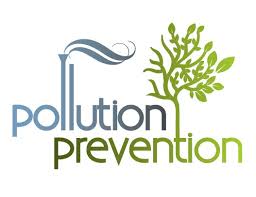
How do industrial companies negate polluting our water, soil, and air with these contaminants? First, industrial companies need to identify preventive measures. Some preventive measures include using eco friendly, green alternative chemical solutions that minimize, and, in some instances, eliminate the use of toxins. Ecolink offers comprehensive information regarding eco friendly, green alternative chemical solutions to which industrial businesses can transition, especially if the company is currently using hazardous chemical components. In addition, there is far too much waste when using chemical cleaning solvents. Industrial businesses purchase far too much chemical solvents at a time, which wind up being wasted, dumped, and tossed, or even used in excess, which consequently leads to more water, air, and soil pollution. Industrial companies should look into chemical leasing options that directly reduce chemical waste and pollution. A leasing agreement allows industrial companies to receive only the necessary amount of chemical products, as long as that industrial business buys solely from the seller. This is an excellent method of preventing water, air, and soil pollution brought on by chemical solvents.
If your industrial company requires additional information on methods that help prevent pollution, as well as finding eco friendly, green alternative chemical solvents, consulting with Ecolink will lead to the identification of products, procedures, and resources that, together, provide successful ways to significantly reduce, and perhaps even eliminate pollution. Ecolink knows how to install methods that help prevent pollution.














